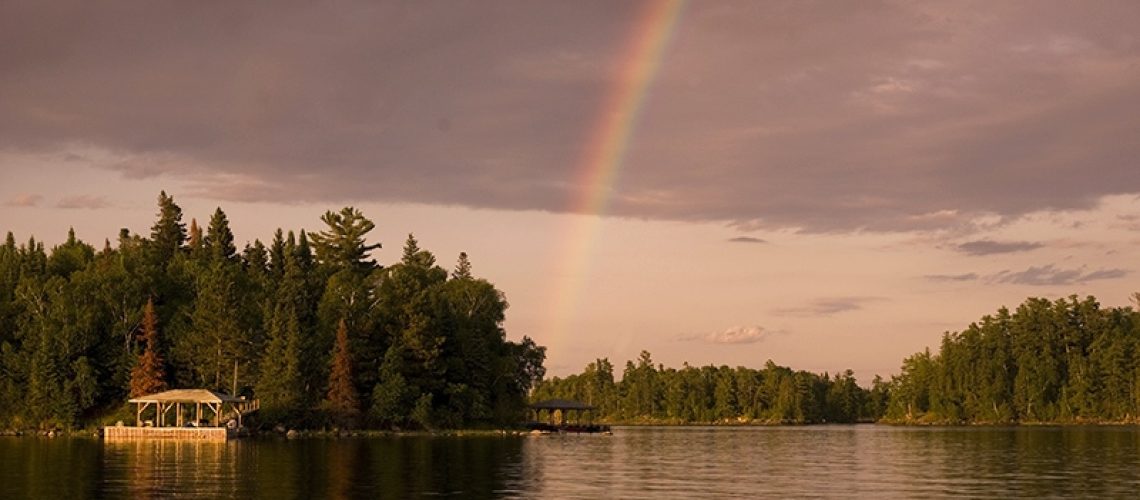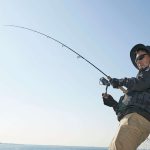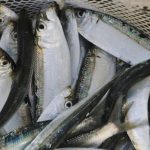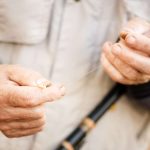Bad weather conditions do not have to become a deterrent to your plans of going on a fishing trip. In fact, you can still find fishable water despite the harsh weather. All you need to do is to gear up, choose a perfect spot and be safe. Even if you are a beginner, you can still find a good catch amidst the terrible weather. The first thing that you need to search for is a good spot for fishing. You will need a place where fish will have access to various food sources. You know you have found a good spot if the area is also capable of providing larger species with shelter.
Once you have found a good shelter, the next thing you have to do is to find calm spots. These spots are where you will see floating debris. The areas where flotsam and debris are collecting indicate converging currents. These are the areas where opportunistic feeders can be found. However, you should also remember that these spots also require anglers to observe safety measures as the spots can also be dangerous.
The weather can work to your advantage
Fishing on terrible weather is not so bad as you can still put up with the hassle. For instance, if you fish in the wind, there is still a good chance that you will have the best catch. The wind can assist you in hiding your line and leader as it breaks up the water’s surface. If the wind is gentle, it can contribute to the distance of your fishing cast so you can keep the fly line straight. In the case of subtle hits, you can easily detect them. However, the wind can also be the enemy of fly fishers, especially if it is a strong wind. You just need to know the proper timing.
Understanding water temperature
Fishing in bad weather can affect the water temperature. You need to understand the temperature because it is considered as the most vital factor when you are planning on fishing after or during a period of rain. Warm water indicates a period of warm rain, which is a situation where bass and other species of fish are more active. A very cold period of rain that has hit the warm water, will make it difficult for you to have a productive fishing day as this situation makes it hard for the fish to swim, hence, they are less active.
Feeding times
After the rain, you should also observe the daily feeding times as the weather can affect the feeding patterns as well. Regardless of weather conditions, you should keep in mind that different types of fish follow their own feeding times even if the weather condition changes. Some anglers take advantage of oxygenated water which happens after the rain because this condition makes fishing more pleasant and enjoyable. Oxygenated water allows you to catch carp because this type of fish is fond of looking for refreshing water to eat and relax. Carp becomes less active if the rain was cold.
Strength of the rain
If heavy rains rolled in, you should observe the clarity of the water because even the strength of the rain can have an impact on your fishing scenario. If the water is muddy, you need to follow the muddy water until you see the water starts to open back up and become clearer. This is the area where bass dwells. If a strong cold rain came in, you are less likely to catch fish as cold rain deters fish from becoming active. You have to wait for the water to warm back up before throwing your lures.





